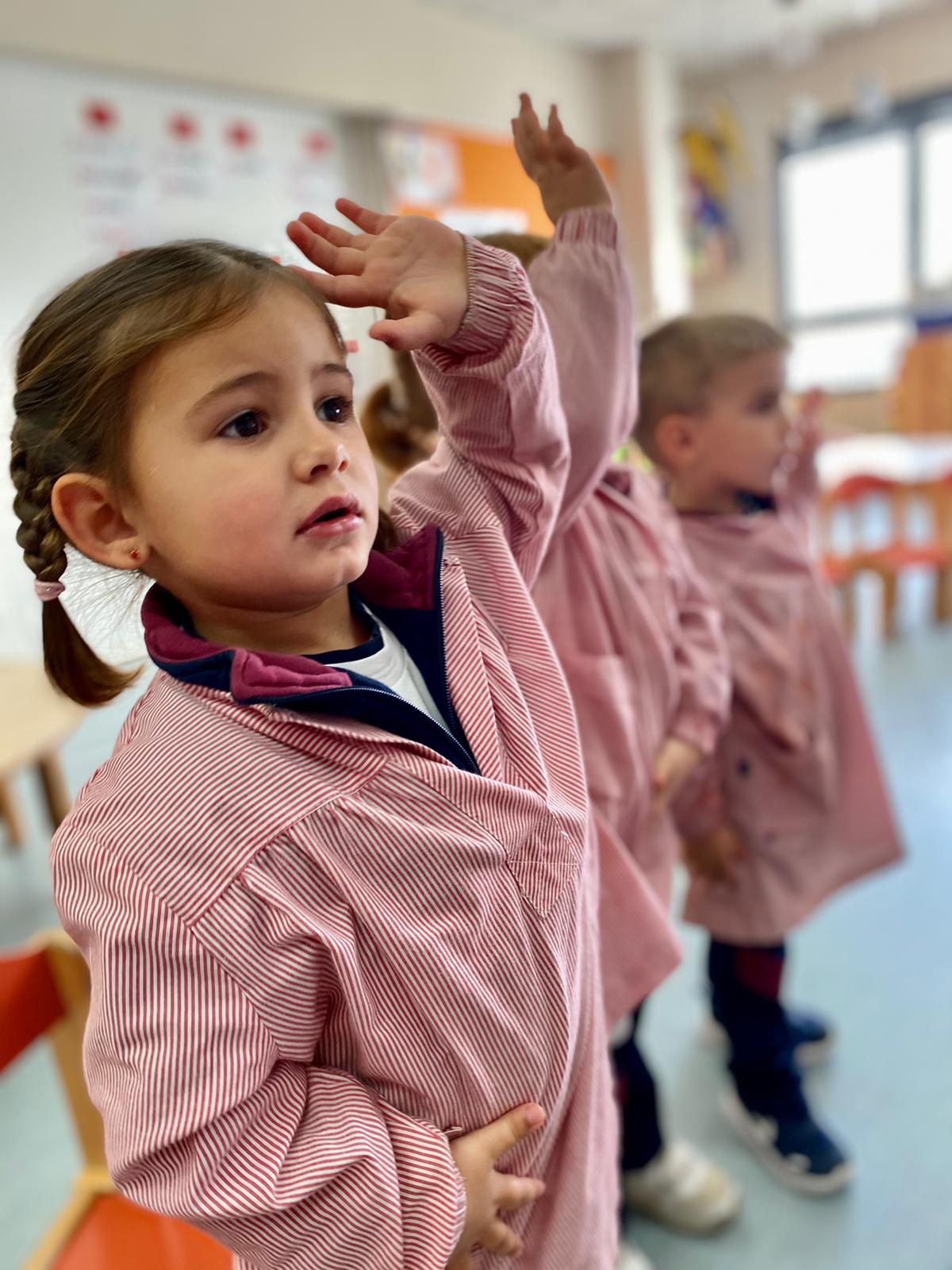
Music as a support tool
5 March, 2021
BELL-LLOC INFANTIL focuses on music education during the first years of life. It is a valuable resource for the acquisition of linguistic skills.
MUSIC as a support tool for LANGUAGE. It promotes the development of abilities and skills that favour the evolution of oral language and communicative competences. They both share cerebral processing pathways and present a similar development in the acquisition processes.
They follow a parallel process. In order to learn a language, it is necessary to acquire the basic elements for word production. Although the components of music are different from those of oral language, the basic learning process is similar: listen, recognise and reproduce.
Ruiz (2011) states that we could say that both the processes of language and music acquisition start from shouting and babbling and are based on listening and imitation. Progressively, children can understand and become aware of the use of words or melodies, the learning of graphic codes (reading and writing) and the study of language structures (grammar/music theory).
Studies show that music stimulates the literacy stage of children. The syllables of nursery rhymes are accompanied by movements and gestures while singing; the child can improve his communication and understand the meaning of the words. They also improve their concentration and logical-mathematical reasoning. Listening to music develops some sensory and motor regions, increasing the connection between neurons.
Repetition is basic in childhood education, and trial and error will allow each child to evolve. Songs, melodies and familiar materials encourage them to sing, try and play instruments and, of course, to progress in their learning!
Parents … don’t let the MUSIC stop!

